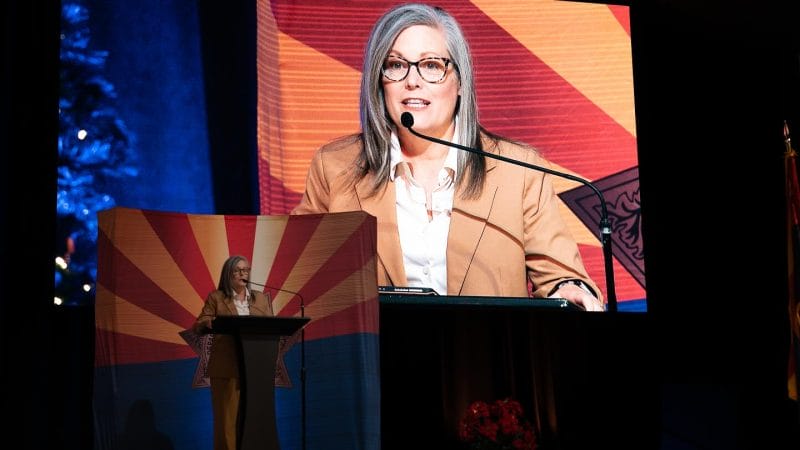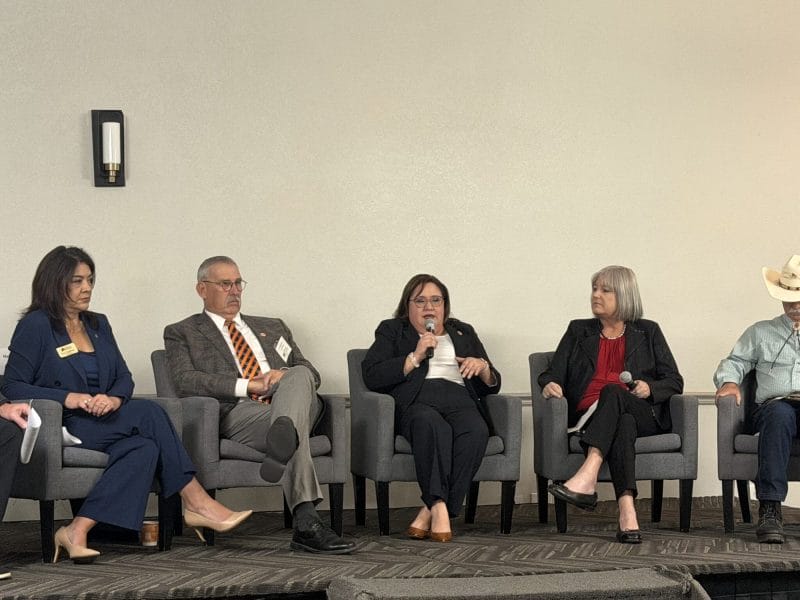 By Eric Mungenast | East Valley Tribune
By Eric Mungenast | East Valley Tribune
What do local companies think about the Federal Communications Commission’s (FCC) decision on net neutrality? The answer depends on whom you ask and which side of the issue they lean toward.
According to the definition offered on the FCC Website, net neutrality refers to an open Internet in which people decide the applications and services they use and have control over “lawful content” to access, create or share. Net neutrality also, “treats all traffic that flows across the network in roughly the same way,” and the FCC states the goal is to create an Internet with an equal playing field for all users without having to pay a premium price for a higher level of access.
Among options companies would have without net neutrality is the creation of a fast lane in which providers can charge companies more for faster access to their sites.
Comments by Logan Elia, Rose Law Group cyberlaw attorney:
“Businesses may be split over the issue of net neutrality, but the split is hardly even or surprising. Seemingly all amongst the most notable opponents of net neutrality are quasi-monopoly Internet service providers. On the other hand, the most notable supporters of net neutrality are Internet content providers.
“To the extent that net neutrality is meant to limit the ability of monopolistic Internet service providers to charge ever-increasing premium prices for their services, it is easy to see how they oppose the measure.
“Likewise, Internet content providers do not want to be placed in a position where they must pay service providers or risk being shut of markets. Most Americans have limited broadband choices, often only one provider is available. To oppose net neutrality is basically to believe that an Internet service provider should be able to throttle down bandwidth available to certain websites.
“For example, Cox Cable might want to throttle down access to Netflix unless a subscriber – or more likely Netflix itself – paid to have access restored. In a purely free market system, this might be a fair business practice. But in a system where only one entity was granted government easements to install cable lines, this practice is more questionable.
Even more complicated throttling issues are imaginable when one considers higher-level Internet service providers, like Level 3 Communications, a company that provides Internet service to many of the consumer level Internet service providers.
“In the end, net neutrality is not a question to be answered by balancing the number of business interests on one side or another. It is a policy issue about monopoly power and public access to information.”







